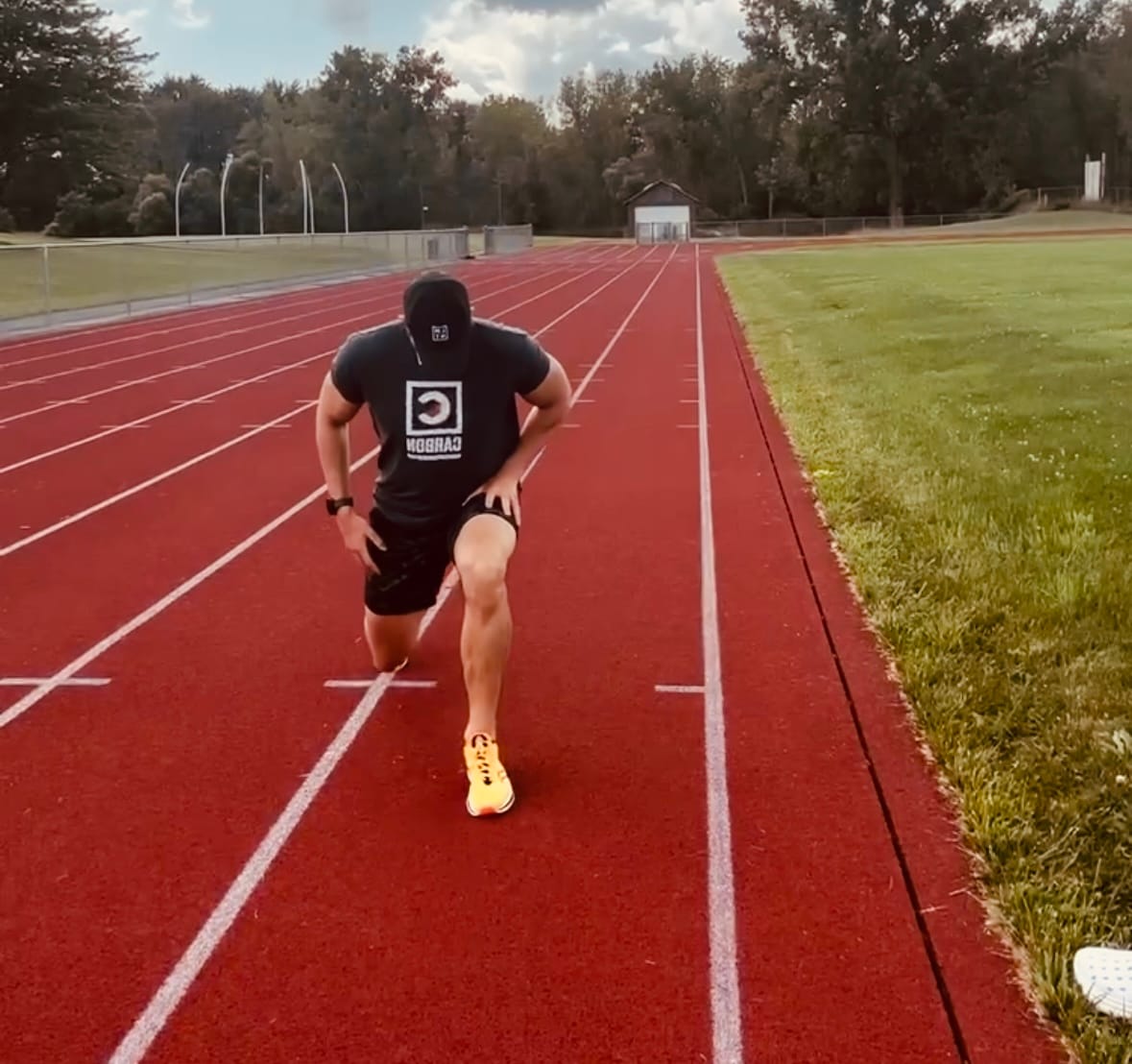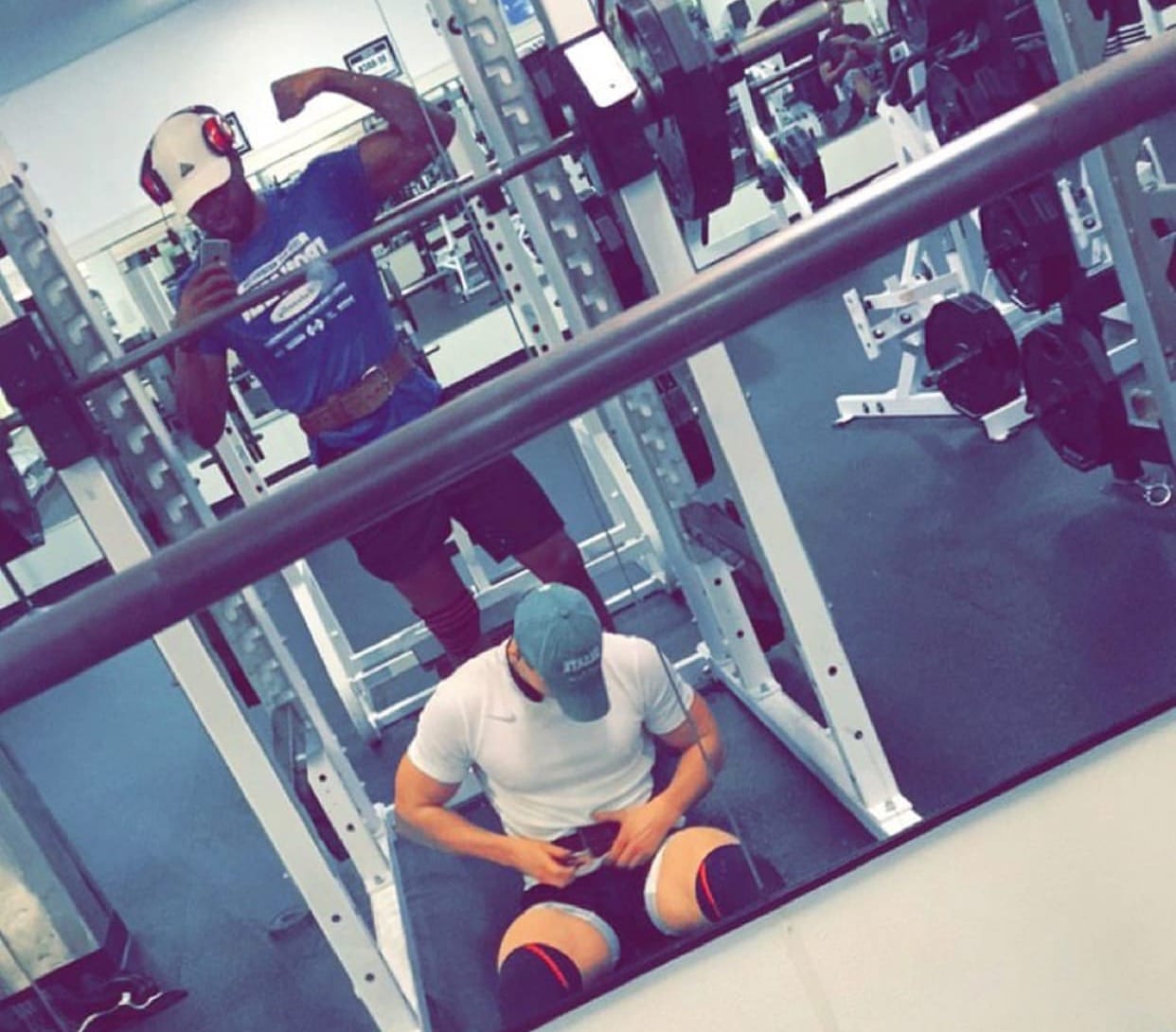I've completed a 5K and a 10K, but stepping up to 13.1 miles feels completely different.
The distance jump isn't just about adding more miles. It's about discovering what happens when you can't rely on natural ability anymore.
A 5K or 10K? Those are approachable. You can show up moderately prepared and push through on determination alone.
But 13.1 miles demands something else entirely.
The Mental Shift That Changes Everything
Research shows that resilience building happens when we view difficulty as a challenge rather than a threat. Half marathon training creates exactly this scenario.
You can't just show up and wing it. You have to prepare systematically, week after week, even when motivation dips.
This is where the real learning begins.
The training reveals your relationship with commitment. How do you respond when the plan calls for 8 miles and you only feel like running 3? What happens when your legs are tired but the schedule says go?
Why Mental Fortitude Matters More Than Speed
Scientists have discovered that mental toughness can be learned through practice. The half marathon distance provides the perfect training ground.
At mile 8, your body starts asking questions your mind has to answer.
At mile 10, comfortable becomes a memory.
At mile 12, you discover what you're actually made of.
This mental fortitude transfers beyond running. The persistence you build on long training runs shows up in other areas where you need to push through discomfort.
The Preparation Mindset
Half marathon training forces you to think weeks ahead. You can't cram for 13.1 miles the way you might for a shorter race.
This creates a different relationship with preparation itself.
You learn to trust the process even when individual workouts feel insignificant. You discover how small, consistent efforts compound into capability you didn't know you possessed.
The training teaches you that showing up prepared means showing up consistently, not perfectly.
What You'll Actually Discover
Research on personal growth shows that stepping outside your comfort zone builds adaptability for life's inevitable challenges.
Half marathon training reveals your capacity for delayed gratification. Can you do the work today for a payoff months away?
It shows you how you handle setbacks. What happens when weather derails a long run or your knee feels tweaky?
Most importantly, it teaches you that capability isn't fixed. What feels impossible today becomes manageable with proper preparation.
Starting Your Own Discovery
The growth happens in the training, not just on race day.
Begin with honest assessment. If you can comfortably run 3-4 miles, you have the foundation to build toward 13.1.
Commit to the timeline. Most training plans require 10-12 weeks of consistent effort.
Focus on completion, not speed. Your first half marathon should teach you what you're capable of, not how fast you can go.
The real victory isn't crossing the finish line. It's discovering that you can prepare for and complete something that once seemed beyond your reach.
That lesson changes how you approach every challenge that follows.











Discussion